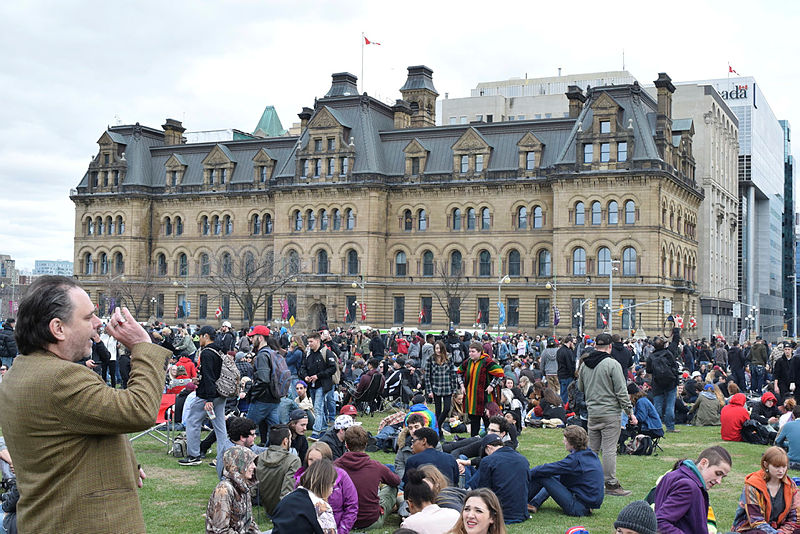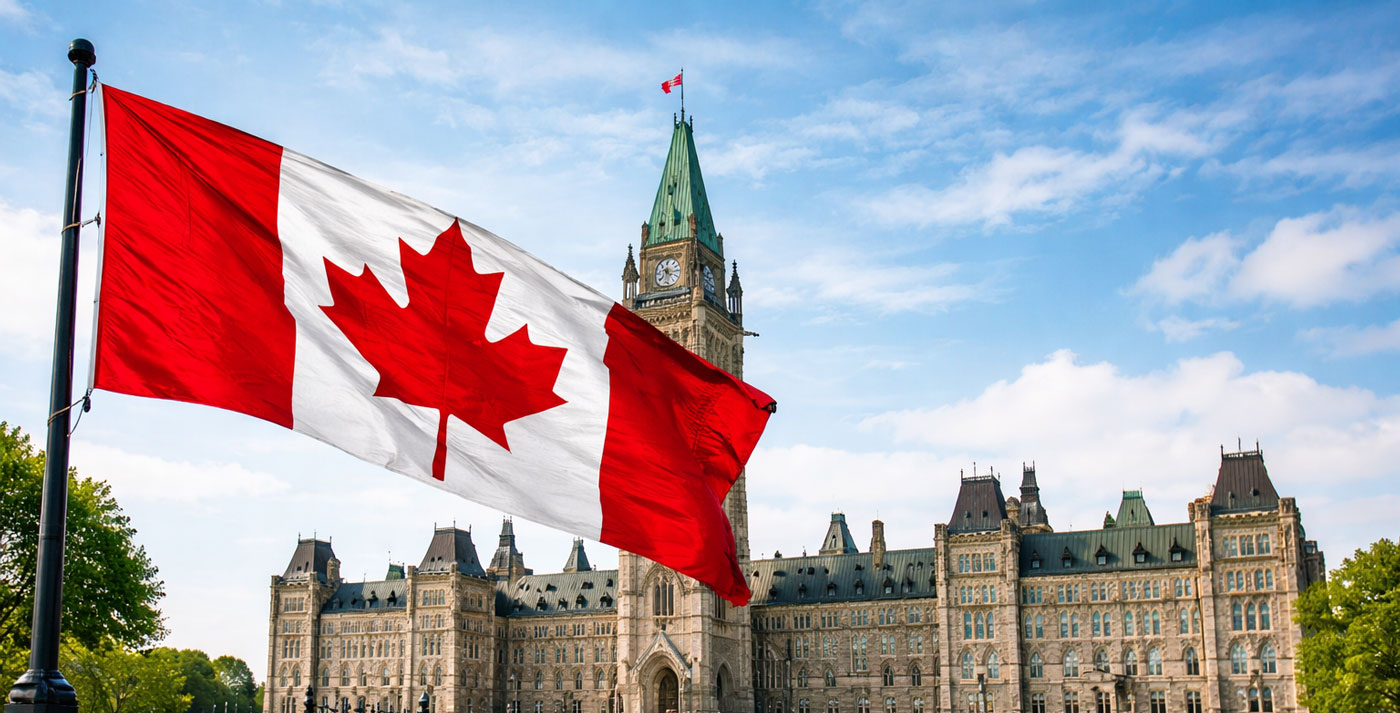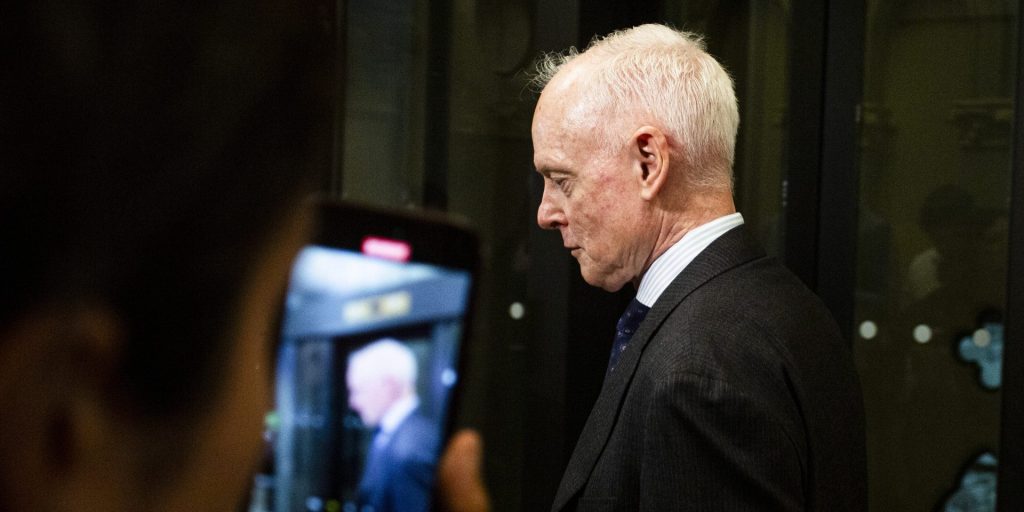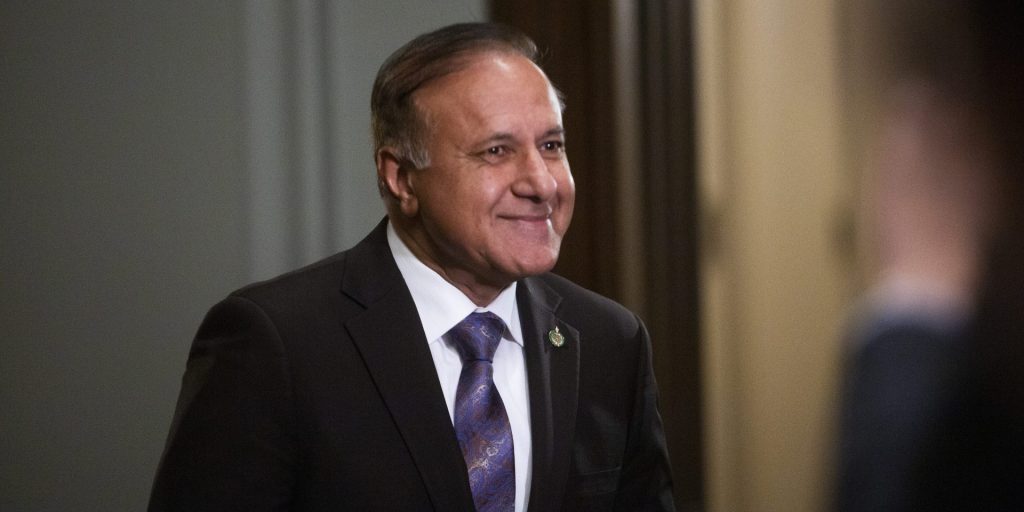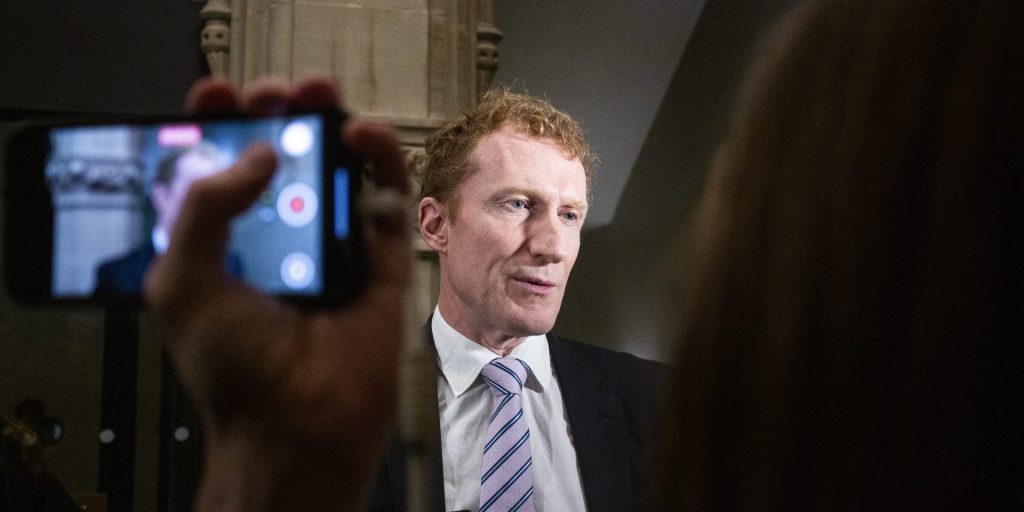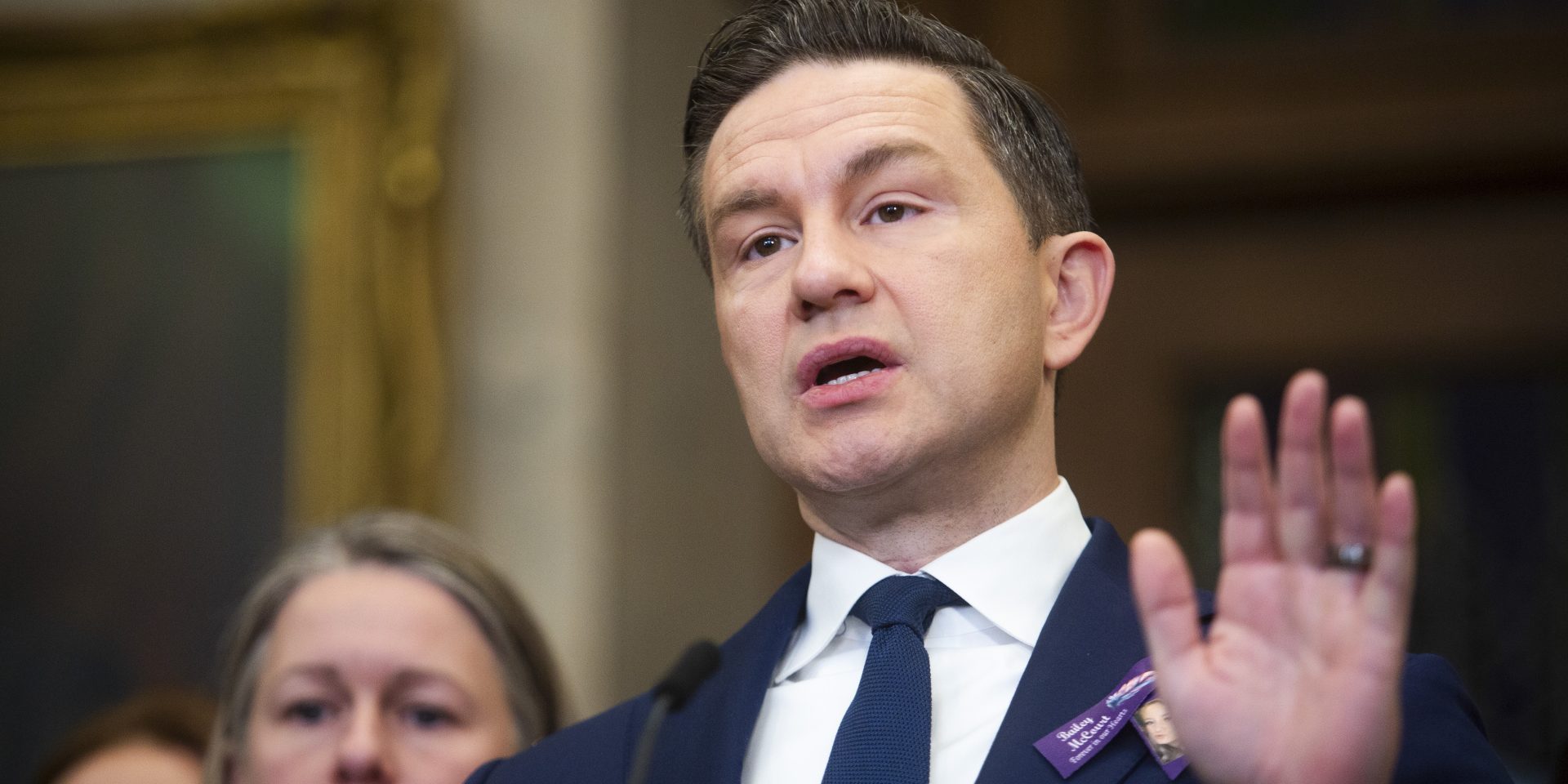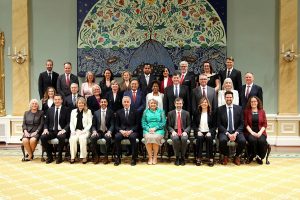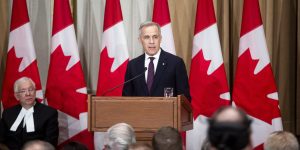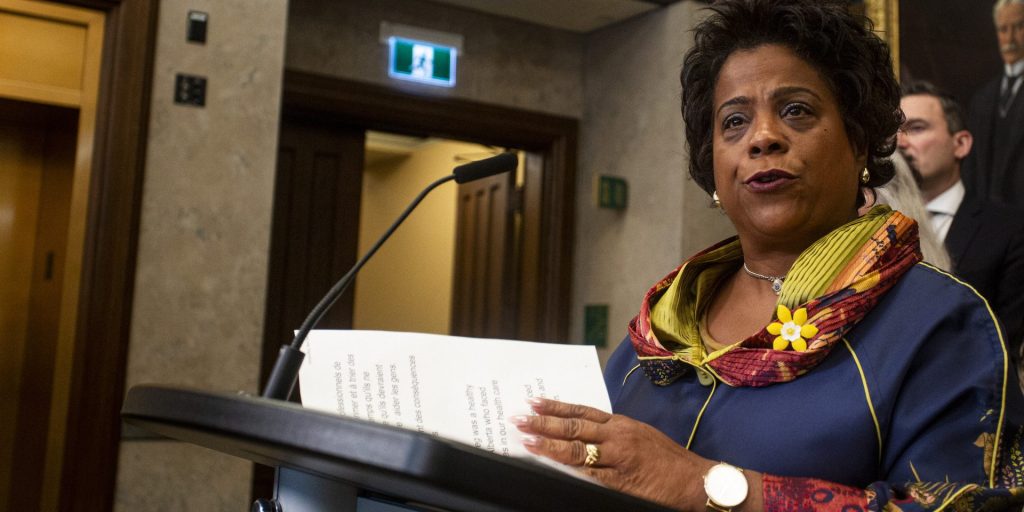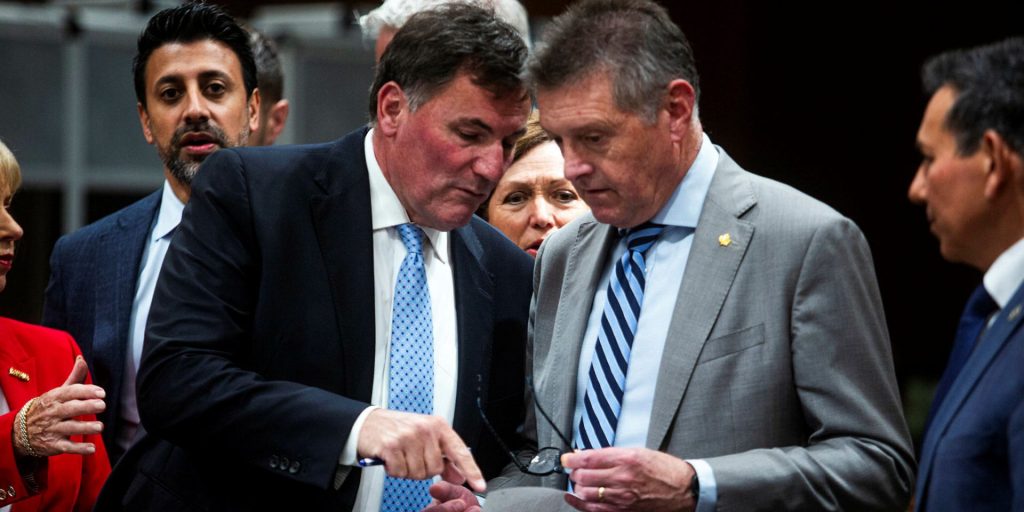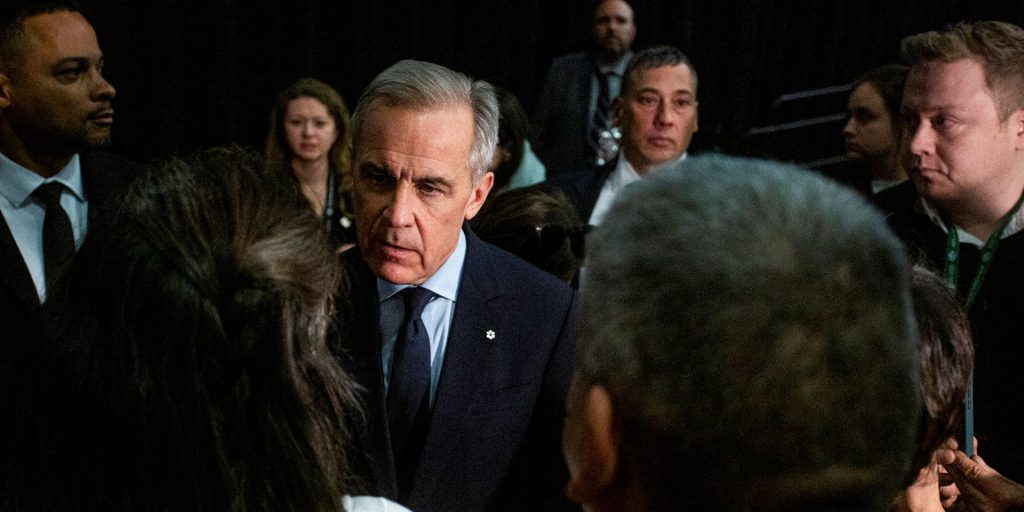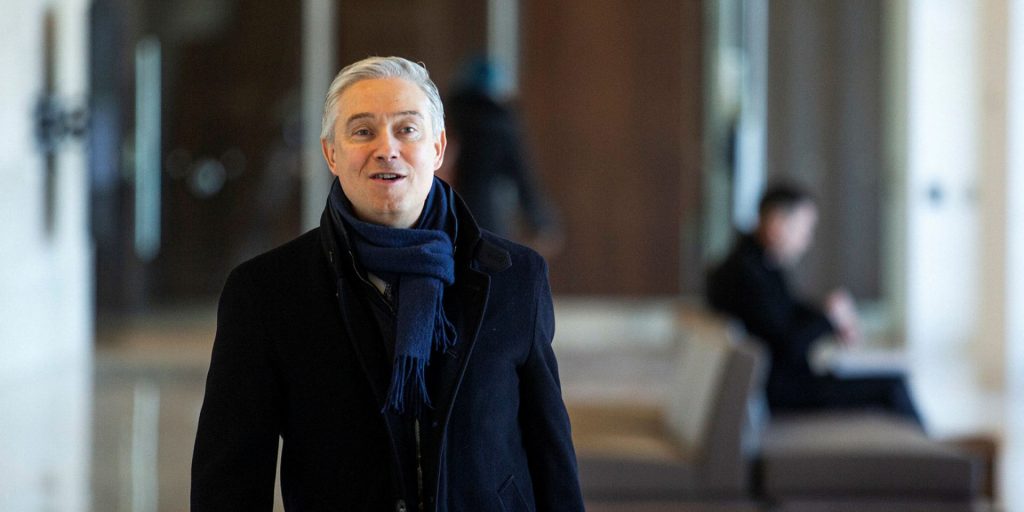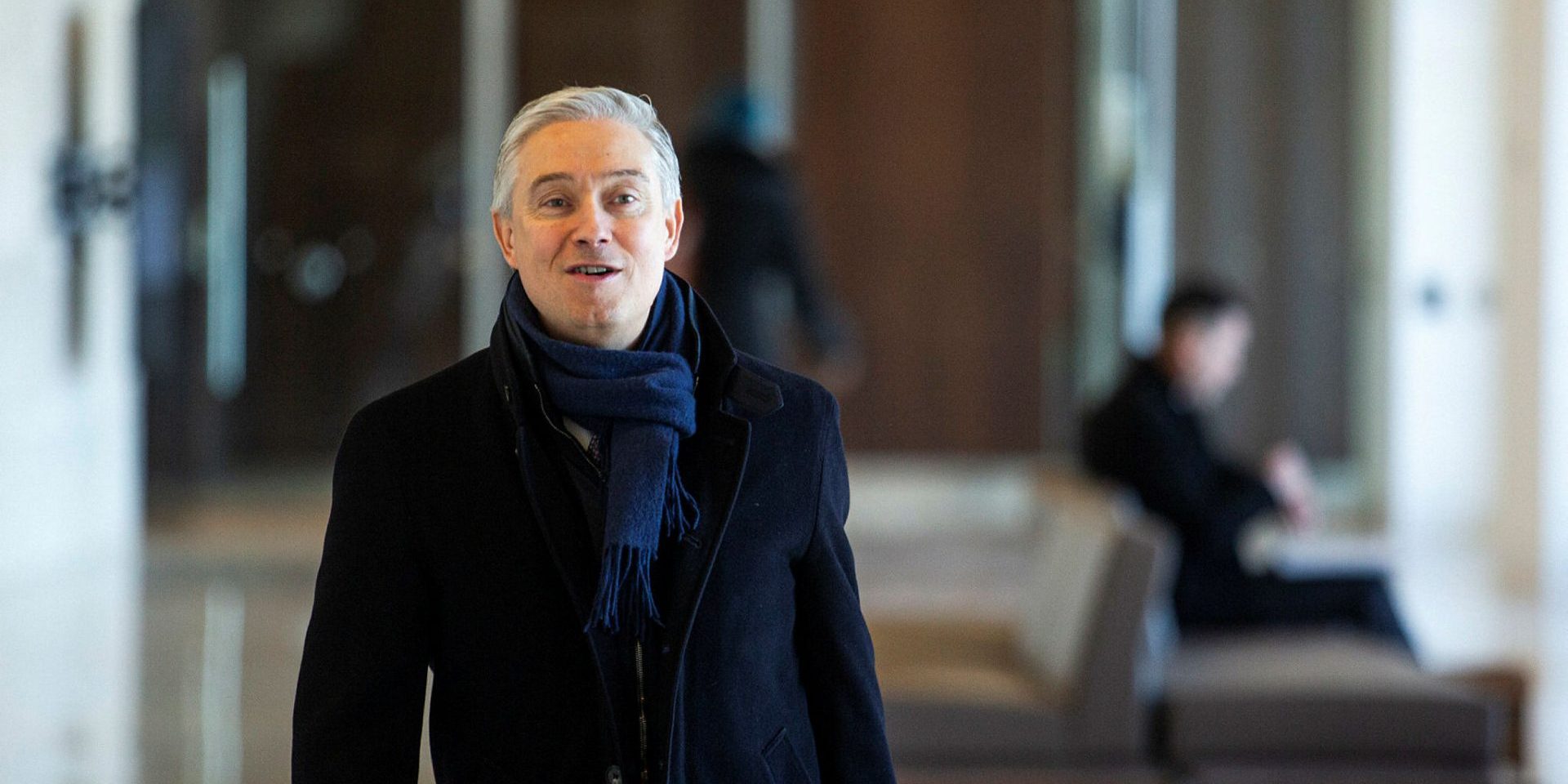Sponsored content
sponsored content
Become a Political Insider
Sign up for Today's Headlines newsletter now
By entering your email address you consent to receive email from The Hill Times containing news, analysis, updates and offers. You may unsubscribe at any time. See our privacy policy
FOLLOW THE HILL TIMES:
Want to make sure your whole office has the full Hill Times experience?
We have team plans available for companies, organizations, classes, Parliament Hill offices and more. Fill out this form and find out if your team is eligible for a discount.
More News
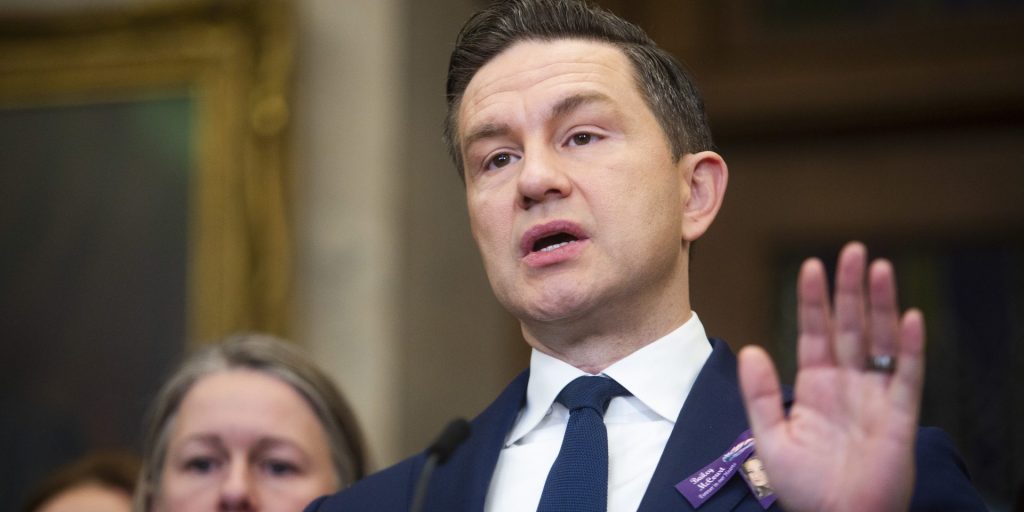
- Conservatives face a 'hard choice' and should 'be worried' as the province confronts pushes for independence, says pollster Quito Maggi. 'They can just hope that there is no election between now and when the referendum takes place.'
- Conservatives face a 'hard choice' and should 'be worried' as the province confronts pushes for independence, says pollster Quito Maggi. 'They can just hope that there is no election between now and when the referendum takes place.'
Most POPULAR
1
2
3
4
5
6
7
8
9
10
Related Stories
- Plus, Hill Climbers catches up with Public Safety Minister Gary Anandasangaree’s office where there’s a new director of stakeholder relations on deck.
- Plus, Hill Climbers catches up with Public Safety Minister Gary Anandasangaree’s office where there’s a new director of stakeholder relations on deck.


- Politics
- Foreign Policy
- Lobbying
- Legislation
- Policy Briefings
- Politics This Morning
- Hill Climbers
- Civil Circles
- Heard On The Hill
- Election
- Finance and Budget
- Public Service
- Exclusive Lists
- Parliamentary Calendar
- Top 100 Lists and Exclusive Features
- Podcasts
- This Week's Paper
- Search
- Archives
- Digital Newspaper Archives
- Politics
- Foreign Policy
- Lobbying
- Legislation
- Policy Briefings
- Politics This Morning
- Hill Climbers
- Civil Circles
- Heard On The Hill
- Election
- Finance and Budget
- Public Service
- Exclusive Lists
- Parliamentary Calendar
- Top 100 Lists and Exclusive Features
- Podcasts
- This Week's Paper
- Search
- Archives
- Digital Newspaper Archives
-
Get free news updates
